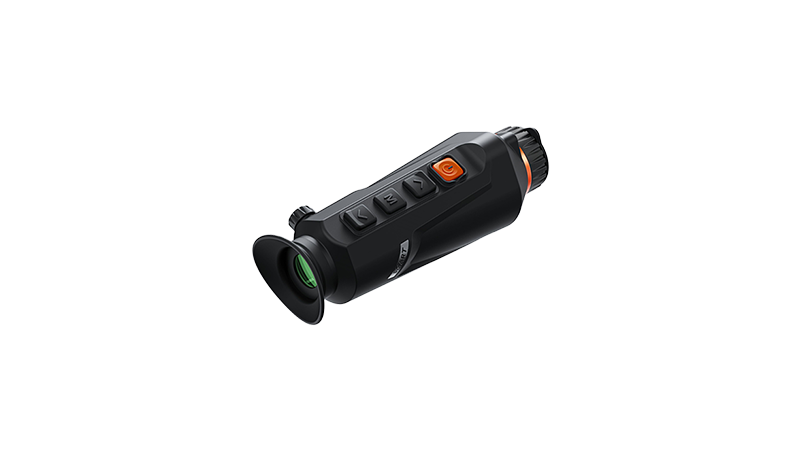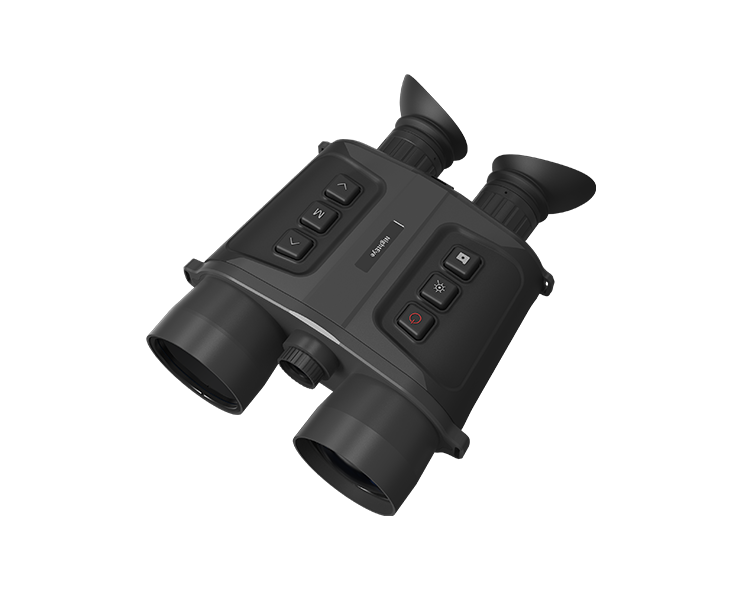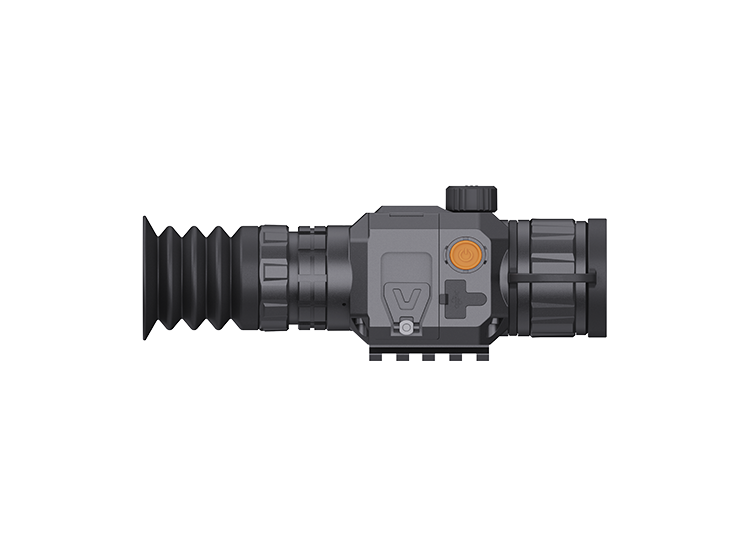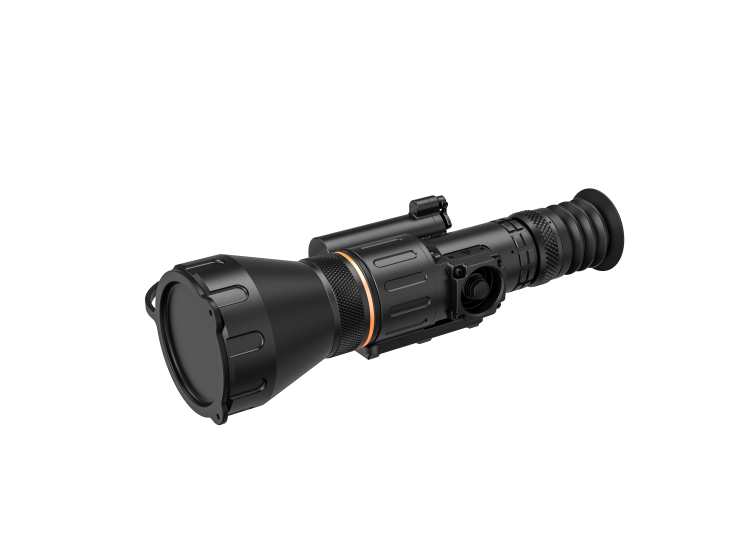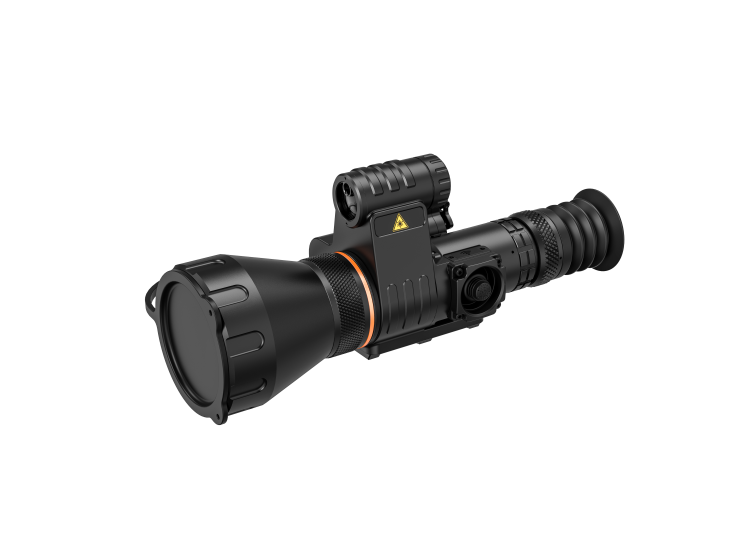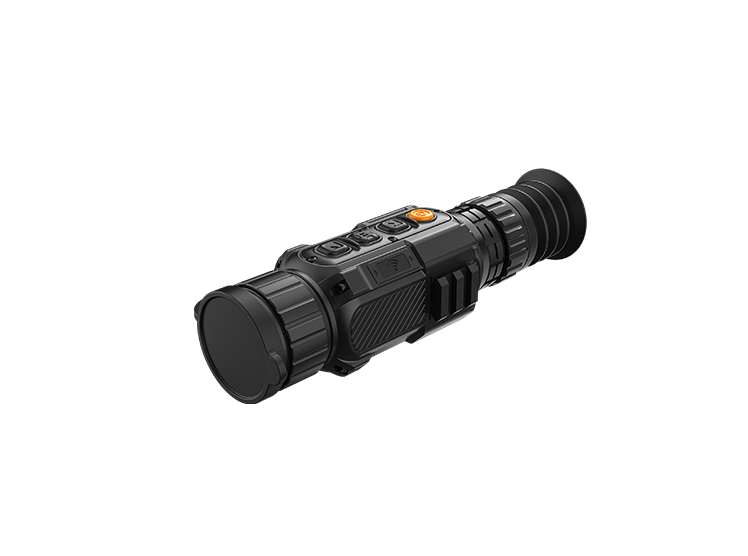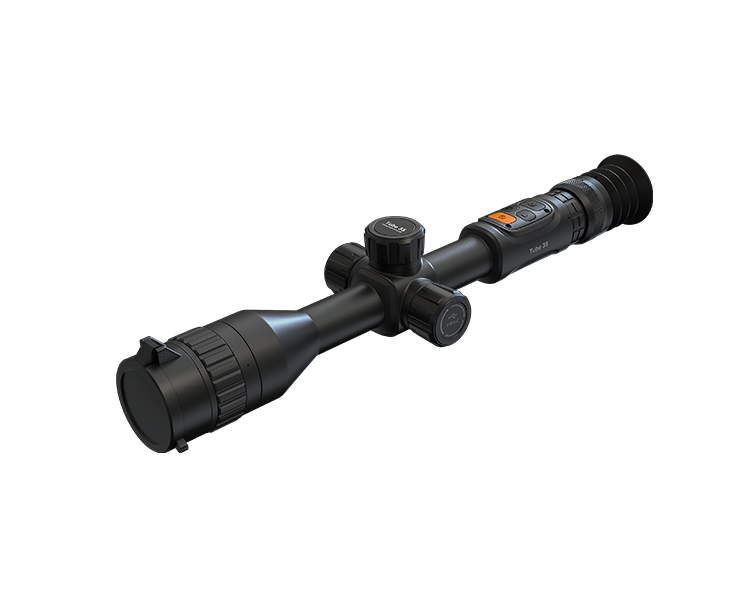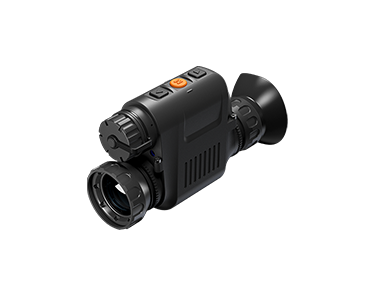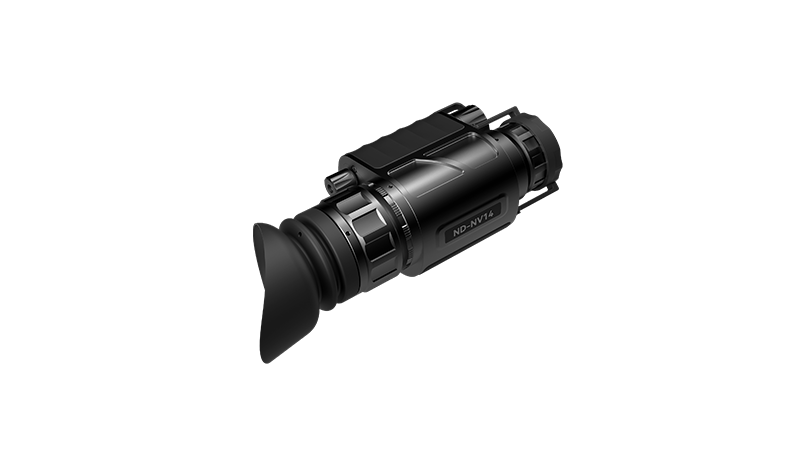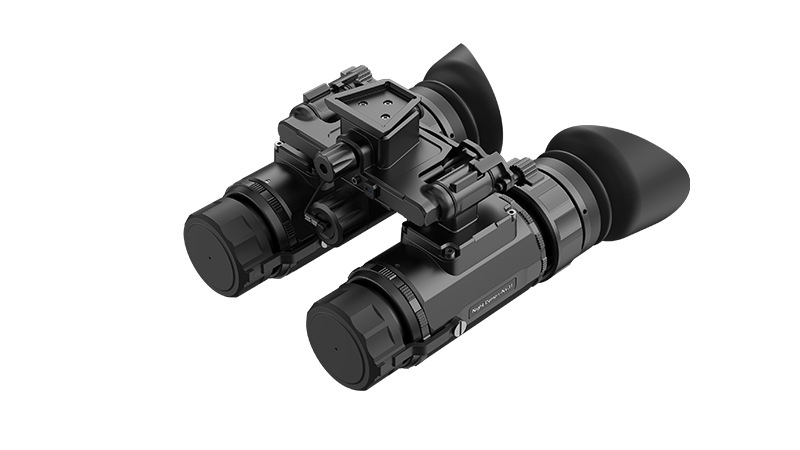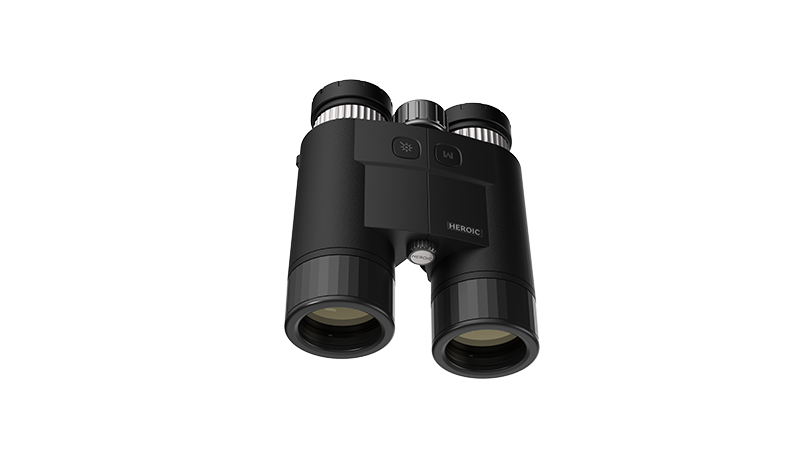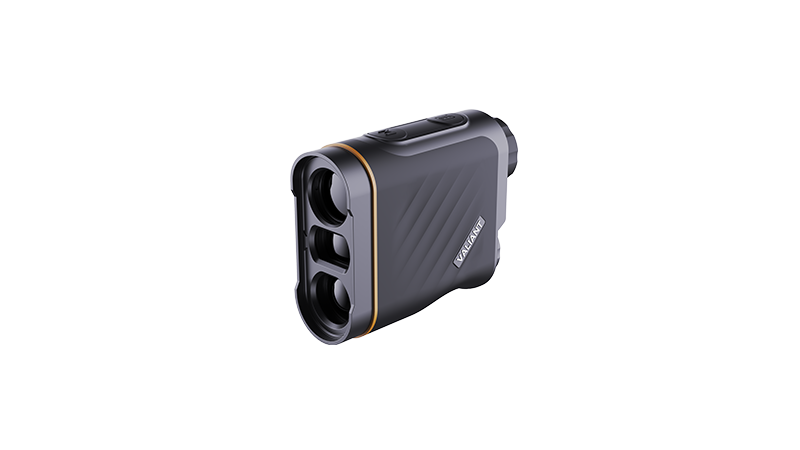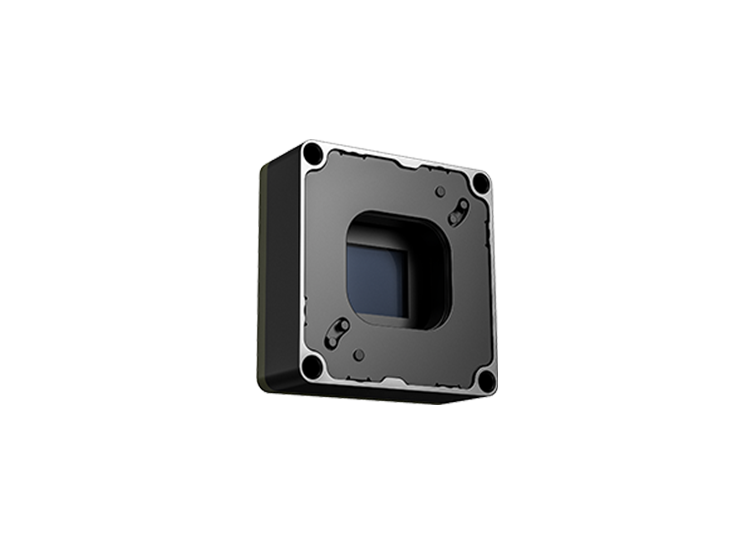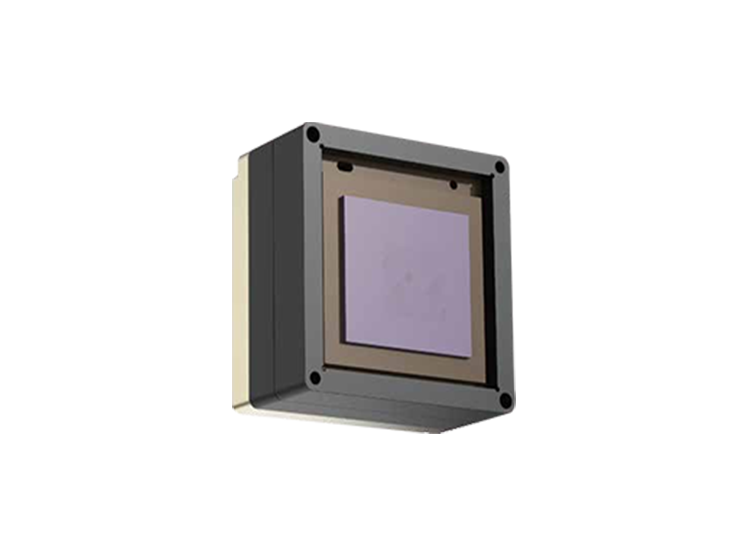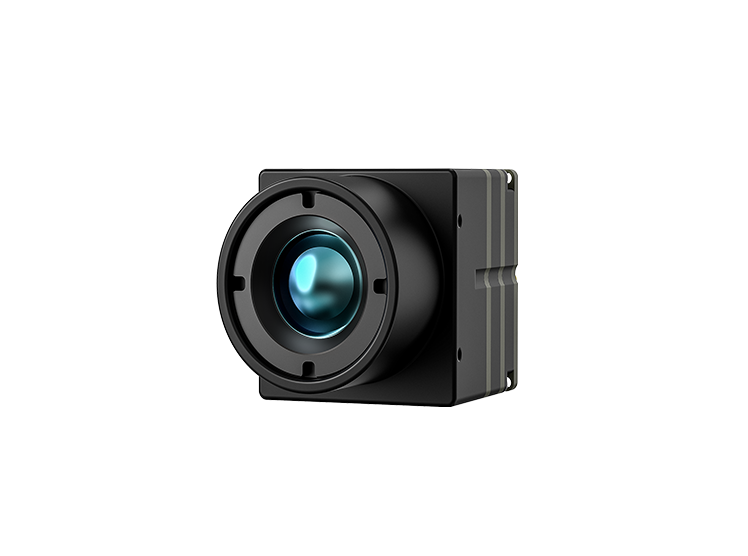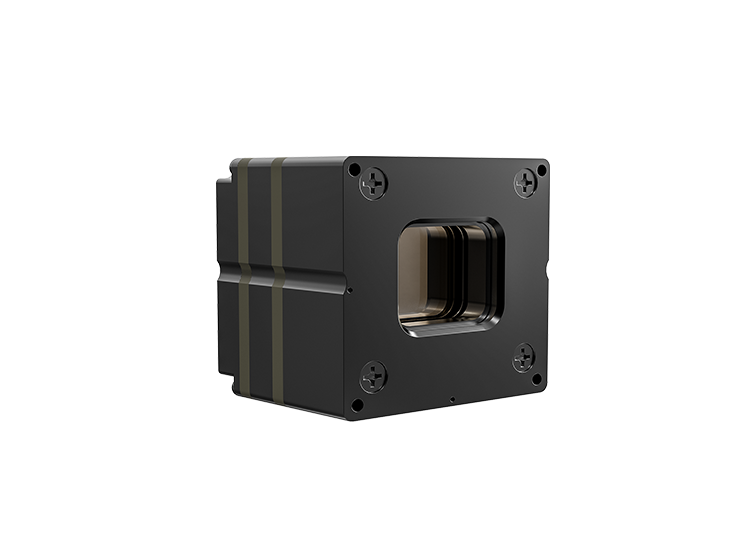Are Thermal Scopes Legal for Hunting? A Breakdown by State
2025/10/13Hunting laws in the United States vary widely, and when it comes to thermal scopes, the rules are far from uniform. While some states allow their use under specific conditions, others ban them outright due to concerns about fair chase and wildlife conservation. For hunters, understanding local regulations is essential—not just to stay compliant with the law, but also to practice ethical hunting.
Disclaimer: The content on this blog is only for informational purposes and is not intended as legal advice.
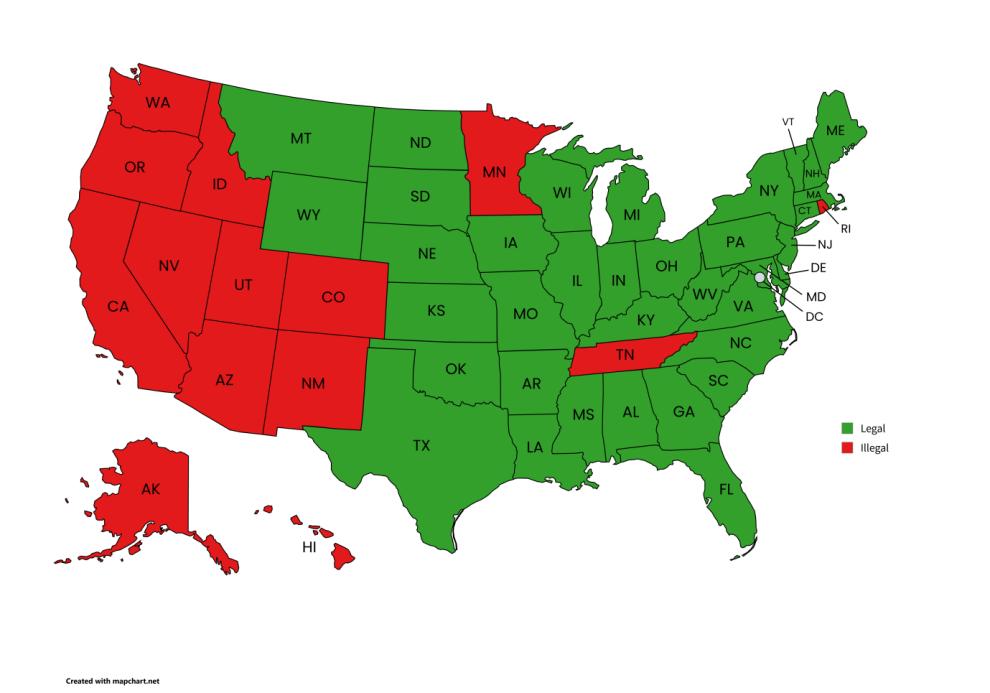
States Where Thermal Scopes Are Legal for Hunting
·Alabama
·Arkansas
·Connecticut
·Delaware
·Florida
·Georgia
·Illinois
·Indiana
·Iowa
·Kansas
·Kentucky
·Louisiana
·Maine
·Maryland
·Massachusetts
·Michigan
·Mississippi
·Missouri
·Montana
·Nebraska
·New Hampshire
·New Jersey
·New York
·North Carolina
·North Dakota
·Ohio
·Oklahoma
·Pennsylvania
·South Carolina
·South Dakota
·Texas
·Vermont
·Virginia
·West Virginia
·Wisconsin
·Wyoming
Note that the legality of using thermal scopes for hunting often comes with certain restrictions. Hunters may need a special license or permit, and some states impose additional rules regarding visible-light use. The rules can also vary depending on hunting season, the time of use (day vs. night), and the type of game being hunted.
For example, in Kansas, hunters need a special Night Vision Equipment Permit to use thermal scopes. In Kentucky, thermal scopes are permitted only during the special night hunting season, which runs from December 1 to May 31.
It is always important to consult local wildlife authorities or state regulations to ensure compliance before using a thermal scope.
States Where Thermal Scopes Are Illegal for Hunting
·Alaska: Hunters may not use electronically-enhanced night vision or any forward-looking infrared devices to hunt.
·Arizona: According to the Arizona Game and Fish Department, use or possession of electronic night vision or thermal imaging devices while taking wildlife is prohibited.
·California: Heat-sensing or other non-visible spectrum technology used to enhance visibility of animals or provide a visible point of aim is prohibited while taking or attempting to take big game.
·Colorado: It is unlawful to use electronic night vision equipment, electronically enhanced light-gathering optics, or thermal imaging sniperscopes to aid in hunting or taking wildlife outside of legal hunting hours, according to commission rules.
·Hawaii: Thermal scopes are not allowed for hunting.
·Idaho: The HAT Working Group recommends prohibiting thermal imaging technology for scouting, hunting, or retrieving big game ungulates.
·Minnesota: Possession of night vision or thermal imaging equipment while taking wild animals is prohibited.
·Nevada: It is unlawful to possess or use thermal imaging devices for hunting or locating game mammals or birds.
·New Mexico: Scopes, red dots and all other optical sights are prohibited.
·Oregon: Thermal or infrared use is illegal in Oregon.
·Rhode Island: Use or possession of laser sights projecting a beam, infrared, or night vision equipment is prohibited when hunting, recovering, or possessing wildlife.
·Tennessee: Electronic light-amplifying night vision scopes, thermal imaging devices, or similar equipment cannot be possessed with firearms or archery tackle between sunset and sunrise, except shotguns during the nighttime coyote and bobcat season.
·Utah: Possession of night-vision or thermal imaging devices while locating or taking big game is prohibited from July 31 to December 31.
·Washington: Using a spotlight, other artificial light, or night vision equipment (including thermal imaging devices) while hunting big game with a firearm, bow, or crossbow is prohibited.
Conclusion
Navigating the legality of thermal scopes across the United States can be complex, with rules varying by state, season, and type of game. Hunters should always check local regulations and acquire any necessary permits before using thermal scopes.
For those looking for high-quality, reliable thermal scopes, IRVOTEX offers a range of advanced models designed for precision and durability. These thermal rifle scopes provide clear imaging, user-friendly controls, and robust performance to help you make the most of your outdoor experience.
References
[4] https://law.justia.com/codes/colorado/2023/title-33/wildlife/article-6/part-1/section-33-6-127/#:~:text=(2)-,(a)%20Unless%20otherwise%20provided%20by%20commission%20rule%20and%20except%20as,it%20existed%20prior%20to%201984.
[5] https://idfg.idaho.gov/article/hat-working-group-final-recommendations-advance-negotiated-rulemaking#:~:text=Night%20Vision,most%20appropriate%20by%20the%20Commission.
[6] https://www.revisor.mn.gov/statutes/cite/97B.086
[7] https://www.ndow.org/wp-content/uploads/2024/11/8-Emergent-technologies-powerpoint.pdf
[8] https://wildlife.dgf.nm.gov/download/2024-2025-new-mexico-hunting-rules-and-info/?wpdmdl=48306&refresh=66983937f34741721252151
[9] https://www.dfw.state.or.us/news/2024/12_Dec/122324b.asp#:~:text=Thermal%20or%20infrared%20use%20is%20illegal%20in%20Oregon
[10] https://www.law.cornell.edu/regulations/rhode-island/250-RICR-60-00-9.17#:~:text=N.%20The%20use%20or%20possession%20of%20laser%20sights%20that%20project%20a%20beam%2C%20infrared%20or%20night%20vision%20equipment%20is%20prohibited%20to%20hunt%2C%20recover%2C%20take%20or%20while%20in%20the%20possession%20of%20any%20harvested%20wildlife.
[11] https://www.tn.gov/twra/hunting/equipment-methods.html#:~:text=Any%20electronic%20light,dogs%20is%20prohibited.
[12] https://wildlife.utah.gov/index.php?option=com_content&view=article&id=1352&catid=2#:~:text=What%20are%20the%20rules%20for,not%20a%20night%2Dvision%20device.
[13] https://app.leg.wa.gov/rcw/default.aspx?cite=77.15.450
 +86 (028) 8535 5966
+86 (028) 8535 5966 +86 17323184180
+86 17323184180 irvotex@votinfrared.com
irvotex@votinfrared.com

